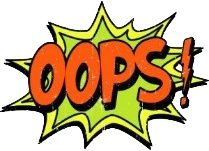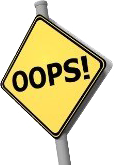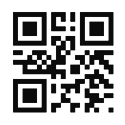 Katie, a Project Manager for a large Southwest Washington General Contractor, told Session 2 of Turbo’s Leadership Development Lab (LDL):
Katie, a Project Manager for a large Southwest Washington General Contractor, told Session 2 of Turbo’s Leadership Development Lab (LDL):
“A number of years ago, I was working as a Project Engineer on a project in Monroe, WA. The job was a waste water treatment plant retrofit project. Some of my responsibilities included reviewing process submittals, releasing materials and equipment, and coordinating delivery between the vendors and our superintendent.
“I reviewed and released pipe supports for the project. I had worked with the vendor before and I knew they often needed a lot of hand-holding. I had checked our dimensions and was confident that the pipe supports released matched what was shown on the contract documents.
“But when the pipe supports arrived, one of the supports that held up a silencer (and of course the most expensive one) did not fit. It supported a silencer that was part of a blower package and it was needed NOW.
“My superintendent contacted the vendor to let them know of their mistake. My project manager then got involved, and sent them a “notice of cure” and a number of terse emails. Everyone was pointing fingers at the vendor, including me. Then to my chagrin, the vendor pointed out that it was actually ME who had verified the dimensions and released the support for the wrong size silencer! I had checked that the support matched what was shown on the plans, but I didn’t review the silencer sizing – the silencer we were supplying no less! Hugely embarrassed, I owned up to the error. The worst embarrassment wasn’t the financial or schedule impact, it was seeing myself act high and mighty when I was actually the cause for the incorrect pipe support. And that’s when I got egg on my face.”
Everyone messes up at some point on the job, and gets “egg on their face.” We may feel stupid and wish the floor would open up and swallow us. Since the floor will stay right where it is, the only option we have is to “’fess up” and learn from our mistake.
Mistakes don’t have to be the end of the world. In fact, mistakes learned from can raise our bottom line.
Mistakes provide the basis for evaluating the effectiveness of our systems, processes, procedures and methods. Increase our awareness of customer requirements. Start us thinking about where we can improve our processes, our training, our selection and leadership. Teach us if we are willing to learn, to avoid blaming, and have an attitude of “How can I perform at even higher levels?” Allow for the possibility that standards are not clear. Knowing where mistakes occur, collecting data around errors will help you get to the common causes of errors. Enthusiasm for innovation will encourage people to admit their mistakes and errors. Start today to encourage non-defensive willingness to admit errors and mistakes.
 Larry W. Dennis, Sr. President,
Turbo Leadership Systems©
Larry W. Dennis, Sr. President,
Turbo Leadership Systems©

